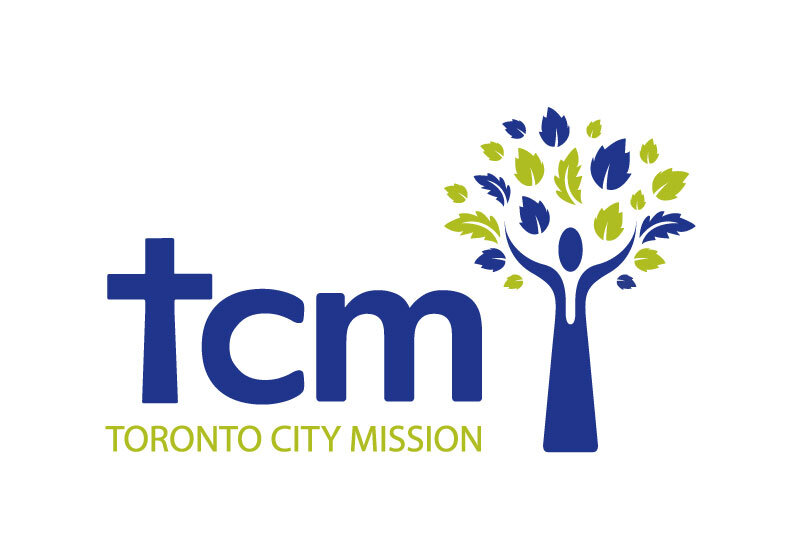Written by: Katherine Ma, Outreach Worker in Willowtree
Tabernacle is a funny word. It’s a big word and one that we tend to not talk about a lot. Yet do you realize how big of a theme it was in both the Old and New Testaments?
As I was writing the curriculum for this year under the topic of ‘tabernacle’, I first thought that it’s a foreign thing to teach kids. I didn’t grow up in the church, but I have served my fair share of time in church summer camps. I can’t remember a single time we even brought up the word ‘tabernacle’ to the kids. Yet as I explored the word (and The Word) more and more, I was surprised by how relevant and important it was to know.
See, the tabernacle was seen as the place where God Himself dwelled in the Old Testament. God was among the Israelites in a symbolic way, but it also manifested in the physical location of the tabernacle. It was the tent where Yahweh chose to remain. So holy was this place that only the highest priest could enter through the heavy curtains after extensive cleansing rituals, and even then there was a possibility that any amount of uncleanliness could lead to the priest’s death in the presence of the Holiest of Holies. This truly relates to the fear of God.
So what does it mean for us now? And for Toronto City Mission, for the families and kids, we share our lives with?
“So the Word became human and made his home among us… And we have seen his glory, the glory of the Father’s one and only Son.” -John 1:14
Doesn’t that sound familiar? Except... What about the cleansing rituals? The curtain? I quote the song, At The Cross by Chris Tomlin:
“You tore the veil, You made a way
When You said that it is done”
Before Jesus, God dwelled in a specific, closed-off place. Not because He was selfish and distant, but because we were too unclean and affected by sin to be in His presence without suffering. Now with Jesus, after His sacrifice, we can be with Him - truly with Him, in true relationship with Him.
And this is what I hope the kids to glean from this lesson. That God is truly Emmanuel, God among us. Their lives may be affected by distant parents - emotionally or physically - and the brokenness of this world, but may they know that God is right there with them. And He is so, so near.




